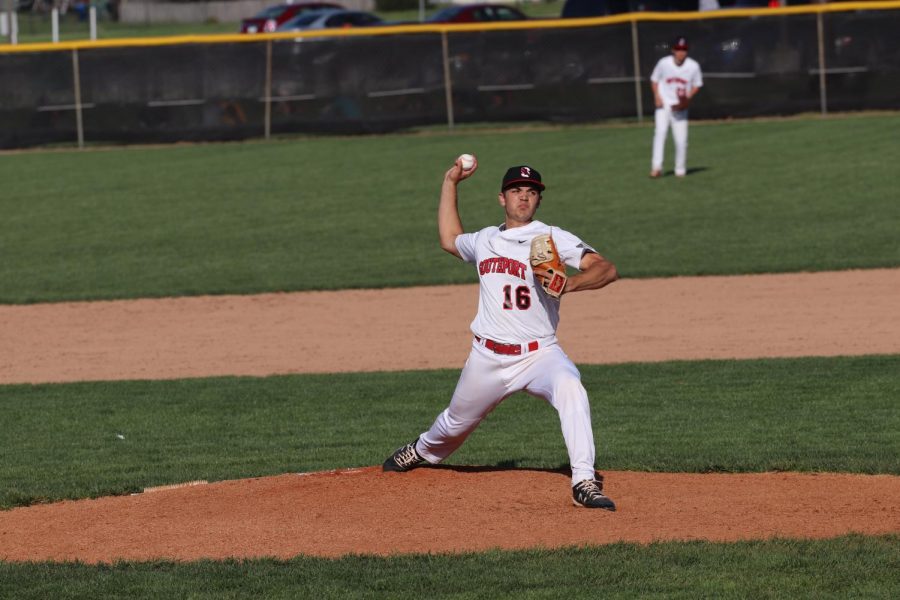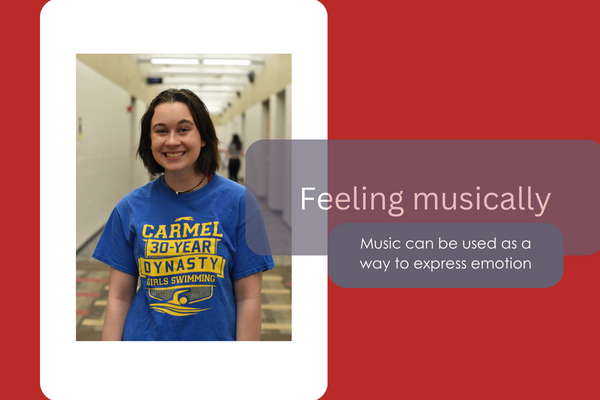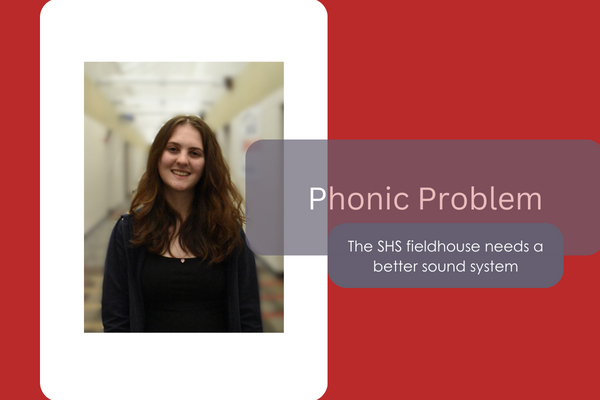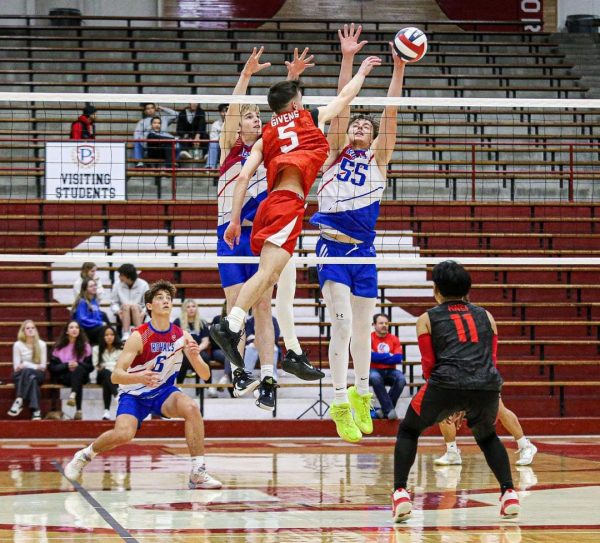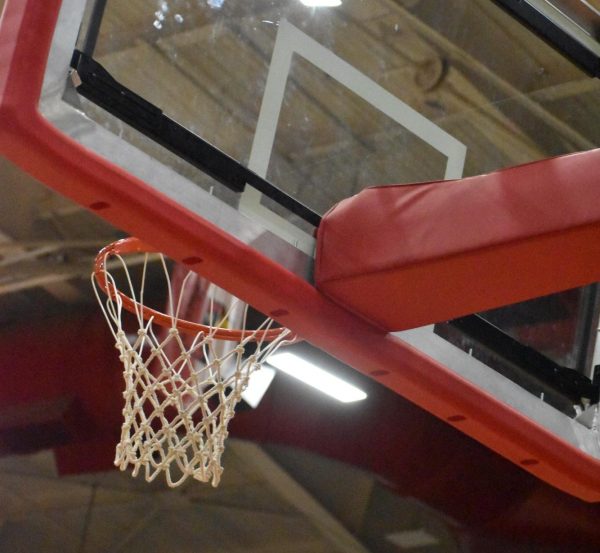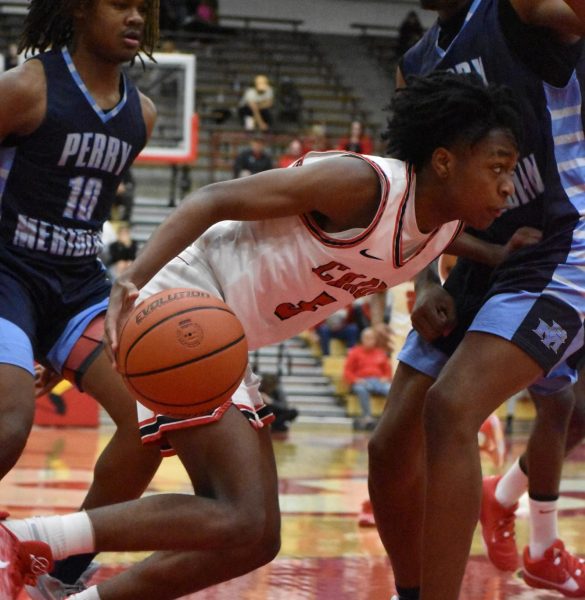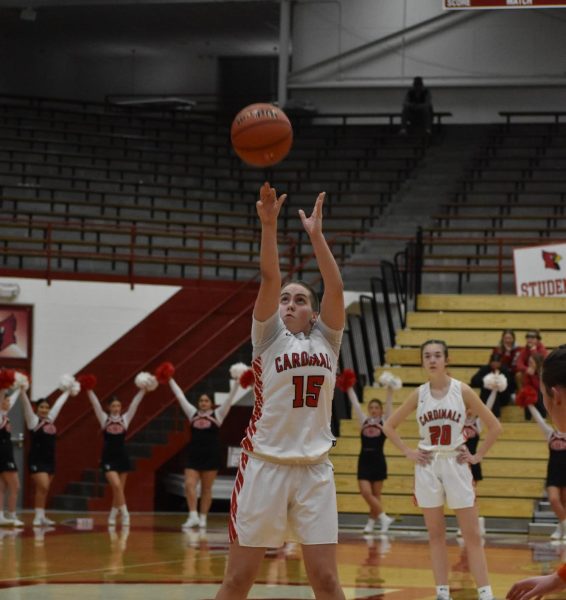Choosing the alternative
Senior commits to a junior college, breaking the normal for high school athletes
Senior Landon Godsey delivers a pitch to the plate against Franklin Central on April 13. Godsey announced his commitment to Volunteer State Community College on Jan. 19 via Twitter.
Choosing the right college is a problem that some athletes face yearly, and some may not have the grades or the talent to continue their athletic career at a four-year college. However, with the option of junior colleges, these problems can be solved for some athletes.
“If you attend a (junior college) where you are given a scholarship, you can probably count on playing right away,” head baseball coach Phil Webster said. “But if you go to a four-year school you may be waiting until your junior or senior year to see the field.”
One SHS senior, Landon Godsey, who is committed to Volunteer State Community College for baseball, will use this chance to improve his talents and make his way to a four-year college.
“I hope to be a better baseball player, gain experience and get my associate’s degree so I can transfer out at the end,” Godsey said.
Junior colleges, which are two-year colleges, allow for an alternative option for some high school athletes. This is a chance for some of them to continue their academic and athletic career before transferring on to a four-year school.
For example, according to Webster, they offer much more playing time for athletes that would otherwise sit the bench their first few years. They also allow for student athletes to get more personalized attention in their classes, which can help to improve their grades.
There are, however, some disadvantages to going to a junior college over a four-year college, such as tuition rates. Some junior colleges cannot offer scholarships to athletes, so paying for schooling can become an issue for some athletes. According to Webster, this, along with the lack of dorms and cafeterias, can prove difficult for incoming freshmen who have never had to live on their own.
Many high school athletes choose junior colleges over four-year universities because of a few reasons. Bigger colleges take fewer athletes, so this means that high school athletes must be either extremely talented or have a high enough GPA. So for lots of athletes, junior colleges may be the only way they can get into a four-year school.
“For (National Junior College Athletic Association) athletes, going to a two-year college as opposed to a four-year college really provides many benefits for student athletes…Attending a two-year college allows NJCAA student athletes to get an education at a fraction of the cost to compared to a four-year college,” McKenzie Garrison, Director of Marketing and Communications at NJCAA, said.
Some student athletes that graduate high school do not have the same opportunities as others, so the NJCAA allows some student athletes who would not be continuing their academic and athletic career a chance to compete at the next level and grow as people and players.
“The NJCAA can provide a lot of opportunities for some students to obtain an education, and other student athletes use the NJCAA as an opportunity to get athletic experience before they transfer on to a four year school,” Garrison said.
Like many other high school commits, Godsey’s choice to begin his collegiate journey at Volunteer State was a very easy decision. His first visit went well, and he already has personal connections with the coaches. Godsey knew he would commit there very early.
“One of the coaches took me through the visit, and I really liked everything they had to offer,” Godsey said.

Hello! My name is Nathan Smith and I am now a senior at SHS. This is now my third year being on the wonderful staff of The Journal. However, this will...


